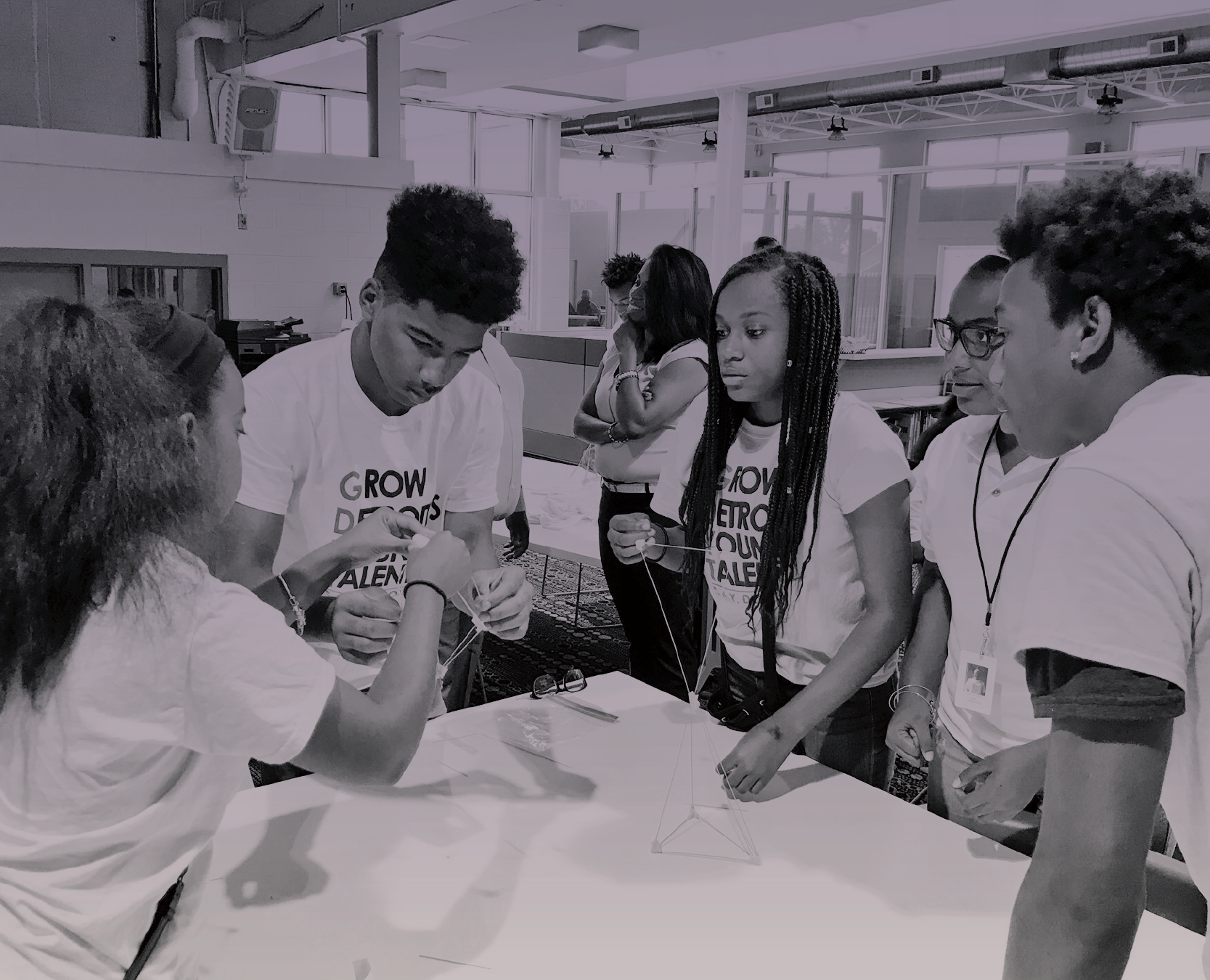Entrepreneurial learning experiences on-demand
VentureLabs
VentureLabs are out-of-school workshops for middle and high school students that focus on developing specific aspects of the entrepreneurial mindset while weaving in core academic content. This allows students to see real-world applications to what they are learning in school and how to use that knowledge to contribute to their success as an entrepreneurial thinker.
This winter, we will launch a set of learning modules for educators to easily incorporate entrepreneurial thinking into the classroom. If you're interested in learning more, or piloting a learning module with your students, please email us here.















